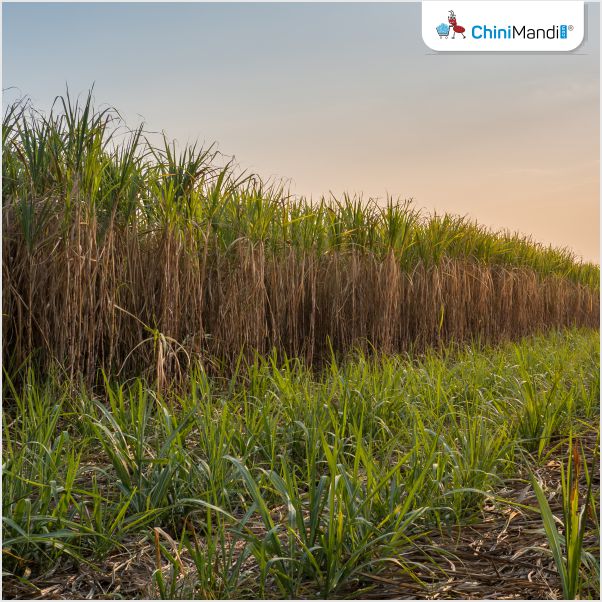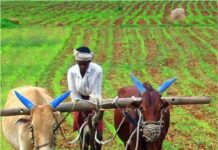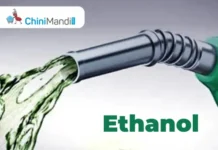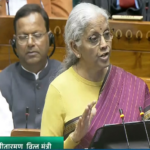A team of scientists from the ICAR–Sugarcane Breeding Institute, Coimbatore—Dr. K. Hari, Dr. D. Puthira Prathap, Dr. P. Murali, Dr. A. Rameshsundar, and Dr. B. Singaravelu—has received the ‘Rashtriya Krishi Vigyan Puraskar – 2025’ in the category of ‘Innovation & Technology in Agriculture & Allied Sciences’. This category recognizes agricultural researchers whose innovations have had significant impact. The award was conferred by Union Agriculture Minister Shivraj Singh Chauhan on July 16, 2025, during the 97th Foundation Day celebration of the Indian Council of Agricultural Research (ICAR), in the presence of Minister of State Bhagirath Chaudhary, ICAR officials, and farmers.
Introduced this year, the prestigious award honors outstanding contributions in agriculture, education, extension, and innovation. The team developed a portable device called the Soil Moisture Indicator (SMI), which helps farmers monitor soil moisture and manage irrigation efficiently, conserving water without reducing crop yields.
The technology is based on soil electrical conductivity, which correlates with moisture levels. According to Dr. K. Hari, the lead inventor, using SMI-based irrigation increased sugarcane yield from 55.8 to 60.4 tonnes/acre/year. Field trials in five Tamil Nadu districts showed that about 15% of irrigation water could be conserved through SMI-guided irrigation. Recently, in a public-private partnership mode, an improvised version of SMI called ‘Digital Soil Moisture Sensor (DSMS), an android compatible device, has been developed that could be used to ascertain available soil moisture.
Co-inventor Dr. D. Puthira Prathap highlighted that the SMI was tested across various soil types, including through participatory trials with sugarcane farmers. It was developed under a Farmers’ Participatory Action Research Project funded by the Ministry of Jal Shakti and overseen by the Central Water Commission. The research outcomes align with the nation’s key development goals.
Created through a collaborative technology development approach involving farmers, ICAR-KVKs, and sugar factories, the SMI has seen broad uptake. Twenty-two companies have been licensed to produce it, one patent has been filed, and four designs—marking the first-ever design registrations by ICAR—have been registered. SMI is now part of the National Occupational Standards for sugarcane cultivators and is eligible for central government subsidies. States including Uttar Pradesh, Haryana, Chhattisgarh, Tamil Nadu, Maharashtra, Karnataka, and Telangana are incorporating it into water conservation efforts. Beyond sugarcane, the device has proven effective in crops such as brinjal, chillies, banana, groundnut, areca nut, pomegranate, tomato, and even potted plants.
Commending the research team, Dr. P. Govindaraj, Director of the Sugarcane Breeding Institute, stressed that innovations like the SMI are vital in addressing water scarcity, improving irrigation efficiency, and promoting sustainable farming practices. He mentioned that the device is available at an approximate cost of Rs 2,000. As part of the Institute’s outreach under the Viksit Krishi Sankalp Abhiyan (Mission for Developed Agriculture), SMI demonstrations were recently conducted in multiple Tamil Nadu districts, drawing enthusiastic responses from farmers.
















